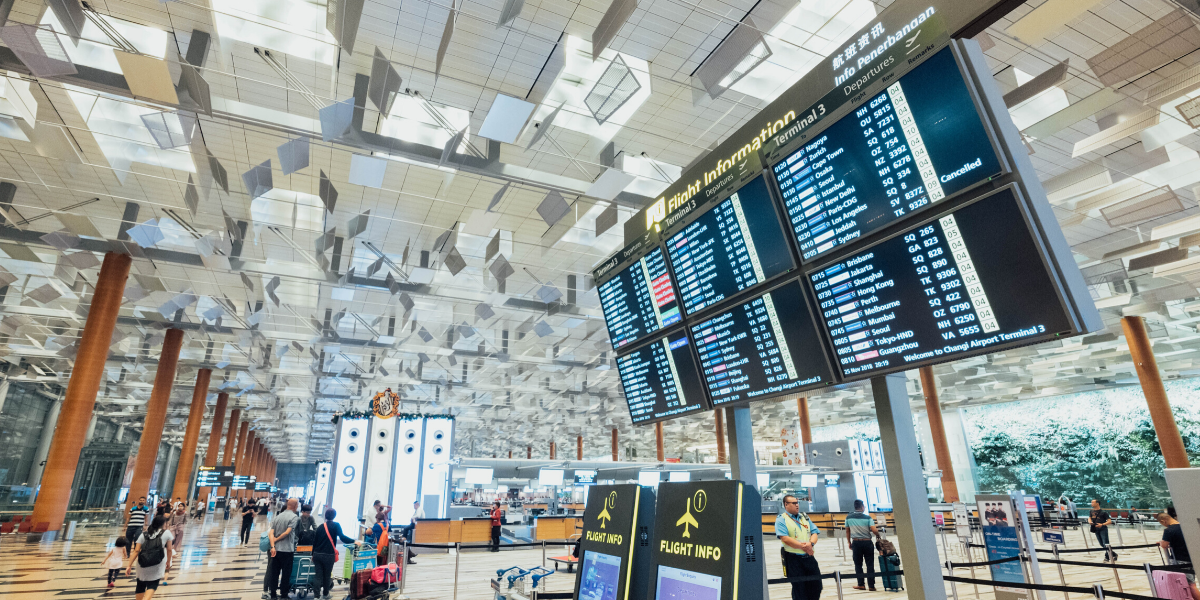A Mobility Challenge

At a time when we’d normally be talking licensing trends and housewares innovations, the COVID-19 outbreak is topic one on a human scale, and as a business consideration . Conversations about how people are doing business in this climate – particularly as it relates to travel and meetings – brought a range of opinions.
Stuck in place
With many companies restricting travel and major conferences and tradeshows being postponed or cancelled, face-to-face meetings and trade displays are being transformed into videoconferences and virtual showrooms. It’s major change for companies more accustomed to in-person meetings to showcase new lines, close deals and detail strategies for the coming year.
We were told by one licensing executive that Walmart and Target, for example, have halted in-person meetings with vendors at their headquarters at a time when they typically finalize product plans for this fall and spring 2021. (Walmart didn’t respond to our inquiry, and Target sent us a copy of an open letter to customers from CEO Brian Cornell that mentioned such measures as is limiting employee travel to “business critical” meetings.)
Robinson Home CEO Ross Patterson, whose company was planning major product launches for the recently cancelled Inspired Home Show, said such cancellations and travel restrictions are “a concern. That is another hurdle to get over, but we are lucky we are in the digital era because we can certainly host online conferences where we can share visuals or images. Our plan to is determine, one by one, which retailers are accepting appointments or do we need to do something virtually.”
Hard to make a virtual “splash”
But he acknowledges the limitations of that approach, and the difficulty of making “a splash” with a virtual introduction, rather than a live presentation at a trade show or meeting.
But there are also some asking whether this tilt toward video contact and virtual showrooms will become a “new normal.” As one licensing consultant said, “If I find that I can cut my travel expenses 80% with only a 3% revenue decline, that can make a lot of sense.” Others, however, hearken back to the aftermath of the 9/11 attacks, when a period of travel limitations eventually gave way to a resumption of prior business practices.
We also got comments about how decision-making by buyers and retailers has ground to a halt, hampered by “fear, the stock market, travel and oil prices,” in the words of one agent. That’s particularly true for new properties; “It’s incredibly slow trying to get licensees to pull the trigger on new brands,” said one. “Getting them to pay attention in the first place is hard.”
And then there are the “normal” aspects of consumer products businesses that have been thrown off kilter, such as factory authorizations, and forecasting sales and production. The availability and pace of shipping cargo from Asia also remains uncertain.




